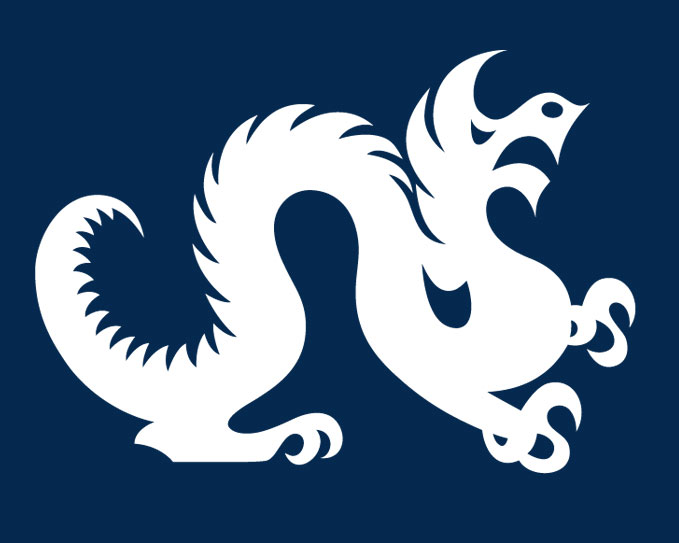The story of Saint Katharine Drexel, the niece of the founder of Drexel University, is unlike any other.
At her canonization ceremony in October 2000, nearly 50 years after her death, Katharine Drexel was celebrated by more than 200,000 people. Together, they braved the rain pummeling their umbrellas and pooling around their shoes during the long ceremony. But when Katharine’s name was announced, something astonishing happened: the skies cleared up, the sun began to shine, and a rainbow burst forth.
“It was such an extraordinarily holy moment. And I just thought, ‘I have to write this woman’s story,’” remembers Cordelia Frances Biddle, an author who teaches creative writing in Drexel’s Pennoni Honors College. Her great-grandmother was Katharine’s beloved cousin Emilie Drexel Biddle, Anthony J. Drexel’s daughter.
Now, almost exactly 14 years after the ceremony, Biddle finally published her story in “Saint Katharine: The Life of Katharine Drexel.” The biography required four solid years to research and write, and even longer for its author to warm up to the idea of writing it.
“I waited a while because I didn’t think I was a good enough person,” Biddle said. “I simply didn’t think I could understand the personality of someone who could give it all up.”
Born in 1858 to one of Philadelphia’s wealthiest and most prominent families, heiress and society girl Katharine Drexel shocked her family and the nation when she became a Roman Catholic nun and social activist at age 31. Using her inheritance of $7 million (about $180 million in today’s currency), she spent the next 60 years and an estimated $20 million building missions, schools and churches for Native Americans and African Americans, and became known as the world’s wealthiest nun.
Biddle learned that Katharine was very close to her “Uncle Tony,” who dispensed business advice and inspired in her a devotion to helping the underserved. She founded the Sisters of the Blessed Sacrament the same year her “Uncle Tony” established what was then the Drexel Institute of Art, Science and Industry. About 30 years later, Katharine founded Xavier University, the first African-American Catholic university in America. While many families have started colleges or universities, only a select few, like the Drexels, have founded more than one.
Since its November release through Westholme Publishing, the book has inspired many to contact Biddle to share their stories.
“I received a letter from a man who had studied for the priesthood, and through various different aspects of his life, he had had to give it up,” Biddle says. “He said that after he read the book, he was going to go back and readdress this very important part of his life.”
Cordelia Biddle is only getting started. Now that she’s finished Katharine’s biography, she’s climbed higher up the family tree and has set her sights on Nicholas Biddle (1786–1844), another prominent ancestor who is known historically as the president of the Second Bank of the United States.
He’s less well known as a spy for the United States during the Napoleonic Wars. It’s because that fact hasn’t yet been proven; Biddle says, though, through her research and her telling of this story, she hopes to change that.
“I believe that he was a spy, but I can’t prove it yet,” she says. “I may never be able to; we’ll just have to see how it all plays out.”
Biddle says she hopes to publish the book within the next few years.
A complete ban on casinos, poker rooms and betting shops applies only in Utah and Hawaii. Two states fully approve gambling entertainment – Nevada and Louisiana. Here there are no restrictions on the range of games Aviator game provided and casino locations. In the remaining states, the industry is legal within small geographic areas. Notable examples are Las Vegas, Atlantic City and New Jersey.


